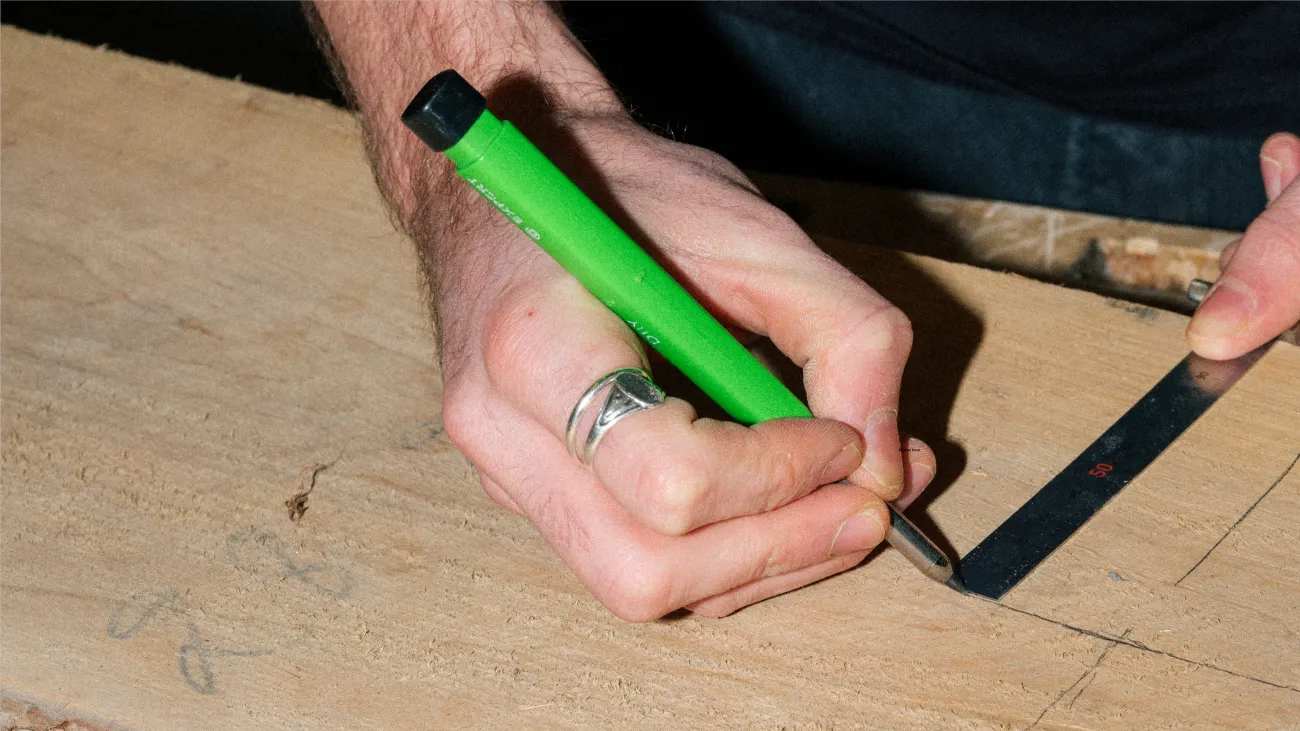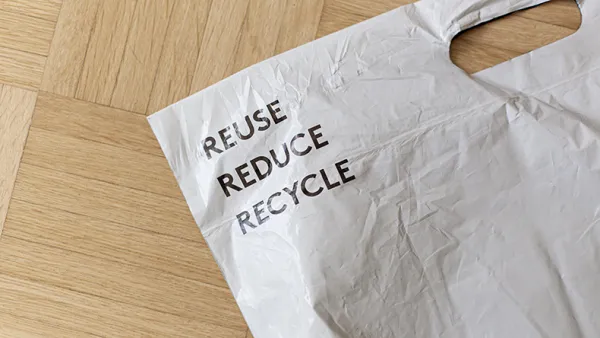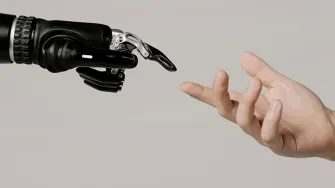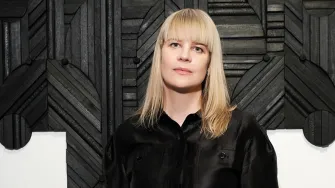
Master of Culture and Arts | Design for the Planet (YAMK)

2 vuotta
16.2.–31.3.2026
Luo kestävää tulevaisuutta muotoiluajattelun keinoin
Ilmastonmuutos, luonnon monimuotoisuuden väheneminen, eriarvoisuus ja kestämättömät tuotanto- ja kulutusjärjestelmät eivät ole yksittäisiä ongelmia – ne ovat toisiinsa kietoutuneita haasteita, joihin ei ole yksinkertaisia vastauksia.
Näiden haasteiden ratkaiseminen vaatii uudenlaista ajattelua, systeemistä ymmärrystä ja muotoilua, joka ei ainoastaan muotoile tuotteita, vaan ohjaa muutosta.
Englanninkielinen master-tason Design for the Planet -koulutus on suunnattu ammattilaisille, jotka haluavat kohdata nämä ongelmat suoraan. Koulutus yhdistää muotoiluajattelun, systeemisen suunnittelun, kestävyyssiirtymän ja eettisen vastuun kokonaisuudeksi, jossa muotoilu on strateginen ja yhteiskunnallinen voimavara. Opinnoissa kehität kykyä hahmottaa monimutkaisia ilmiöitä, työskennellä epävarmuuden kanssa ja luoda ratkaisuja, jotka ovat samanaikaisesti ekologisia, sosiaalisesti ja kulttuurisesti sekä taloudellisesti kestäviä.
Täysin verkossa toteutettava koulutus mahdollistaa opiskelun työn ohessa ja kansainvälisessä kontekstissa. Se haastaa sinut ajattelemaan pidemmälle, toimimaan vastuullisemmin ja käyttämään muotoilua koko planeetan mittakaavassa.
Koulutus on englanninkielinen.
Tutkintonimike
Master of Culture and Arts

Design for the Planet ei kysy, miltä tulevaisuus näyttää. Se luo sitä.
Hae koulutukseen
Voit hakea koulutukseen seuraavina hakuaikoina:
LAB Admission to Master's programmes: 16.2.–31.3.2026
Tutustu valintaperusteisiin ja hae koulutukseen Opintopolussa:

Master's Degree Programme in Circular Economy Solutions (YAMK)

Digitaalisen kokemuksen muotoilu ja johtaminen (ylempi AMK)

Kuvataiteilija (ylempi AMK) | Kuvataide
Ota yhteyttä hakijapalveluihin
AMK-tutkinnot
- 040 480 9970 tai 044 708 1385
YAMK-tutkinnot
- 050 440 4317


